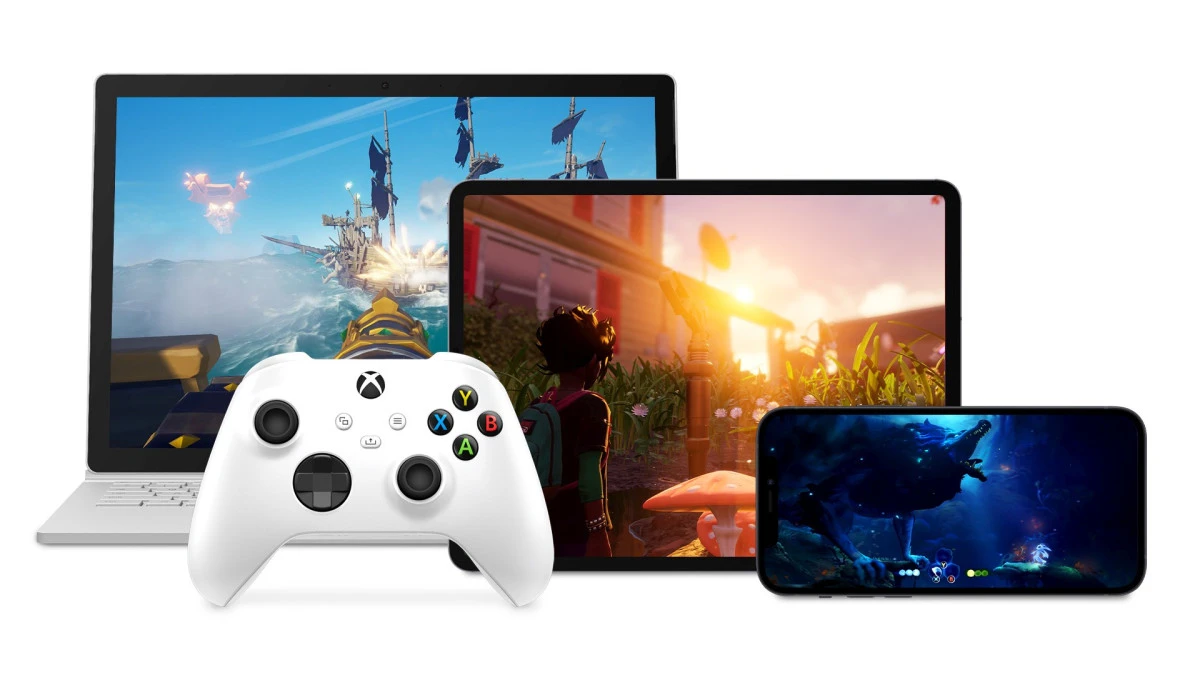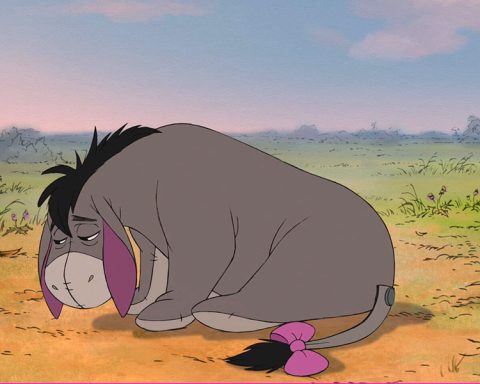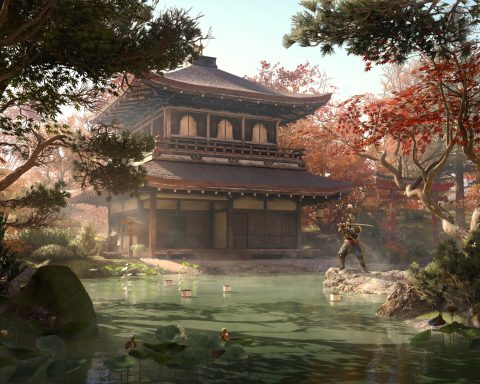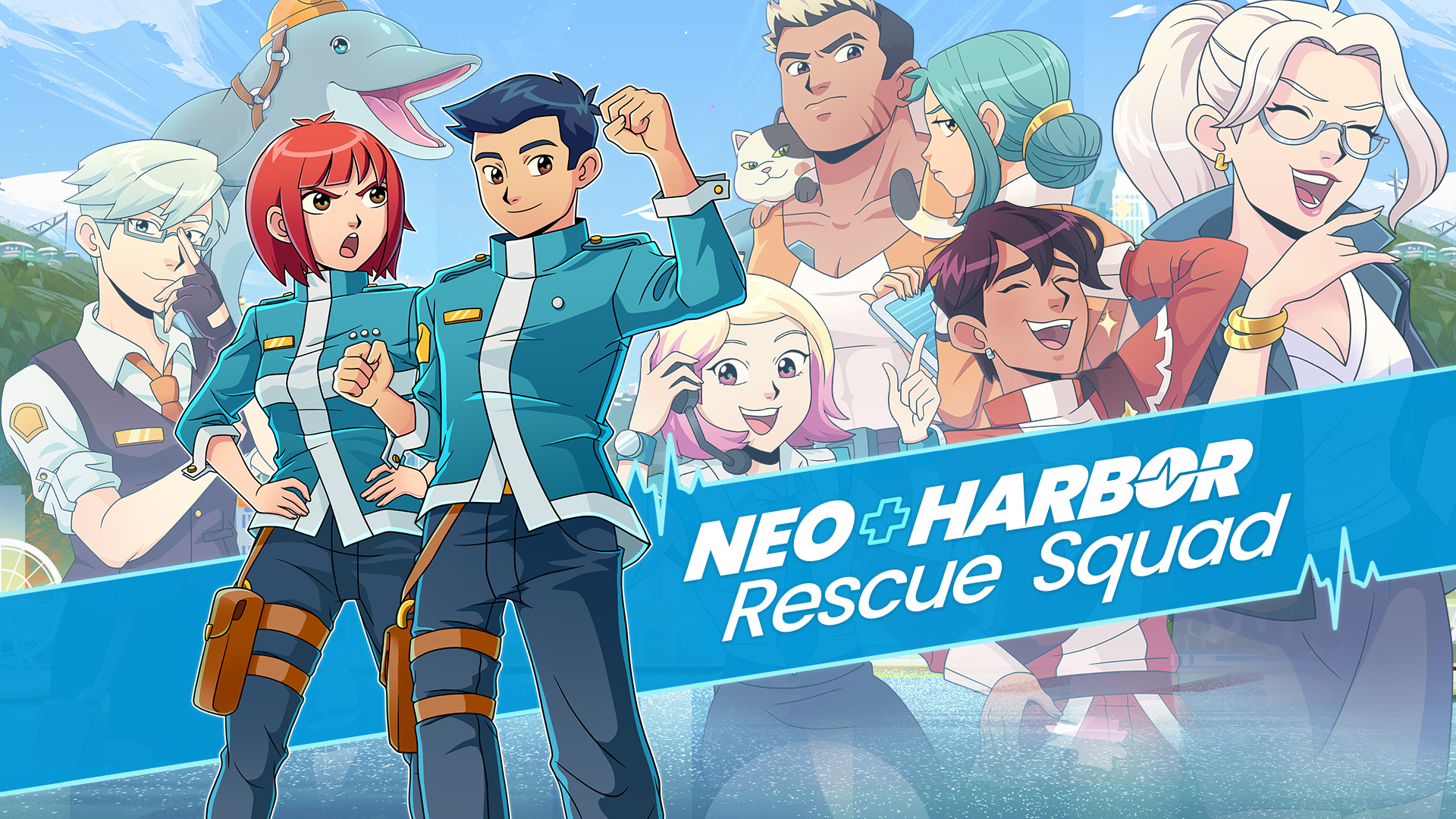Microsoft has announced a substantial suite of changes to its Game Pass subscription system. Basically, you’ll be paying more, and now, depending on which service you use, you may or may not be able to access “day one games” – games that are released on Game Pass on the same day that they’re released at retail.
The price increase is relatively modest, if you look at it in isolation. An annual subscription of Game Pass Core (without “day one games”) will be an additional US$15 for a year, or a little over US$2 per month. If you like to use the cloud streaming service to play Game Pass games on your phone or whatever, you’re looking at an additional US$3 per month.
And, if you do want to save money and are happy to wait a few months for those “day one games,” and don’t care about cloud streaming, Game Pass Standard is a US$5/month increase over the Xbox Game Pass For Console option (which is being retired). Meanwhile, PC Game Pass, which does include “day one games” but does not include cloud streaming, is being hiked US$2/month.
So, yes, the costs are, on the surface, only a small increase, but then it’s also only just starting. If you believe that this is where the price hikes and other efforts to increase the revenue generated by Game Pass finish, then I’ve got land on the moon to sell you. As with every other streaming service, the fundamental unsustainability of the service is rapidly coming to a head and we’re all about to suffer from it big time.
We suffer because it means that the entire business model around video games has been disrupted. Irrecoverably. Companies like Microsoft are now incentivised to close down studios after they produce a game because it means a long time before the next game will come, game companies are now all-but required to build games designed to last forever because that’s how money is made on Game Pass, and all through that every game that is made is now worth fractions of a cent on the dollar because instead of $50 or $100 for game sale to one person (depending on where you live in the world), the game is now making a few cents per hour played by that same one person.
But this also impacts on Microsoft, because suddenly they’re still paying all the money to produce the games, but those games are only worth a fraction of what they once were per person that plays them. So they start to put up the price of the service in increments. Eventually the market becomes unwilling to bear those price hikes. At this point, the company starts looking for other ways to deepen revenue streams and extract more money out of you. For one example, Amazon Prime – a service you pay a monthly premium for – now has ads unless you pay ANOTHER premium for the privilege of not having ads. You can be absolutely certain that something similar will come to Game Pass at some point. In fact, it’s already taken the first step down that pathway by deciding to block access to some of the games (those “day one releases”) to people that aren’t paying for the “premium” option.
While looking for ways to “convince” the consumer to hand over more (and more and more) money, the subscription provider will also simultaneously target the artists. Did you know that over on Spotify, an artist needs to have 1,000 plays of their music in a year before they’ll start making any money? Think about that for a second. It sounds low, but independent artists now need to provide their music to Spotify, which benefits from having it in the library for its customers, and then hope that they get enough plays to get anything, whatsoever, from their work. These companies are demanding that the artist give them their work, to profit from, with only a “maybe” about whether they can earn money back from it.
Game Pass was already set up in such a way that it would punish artists. Anything but the most grotesquely homogenised, lowest common denominator content, designed purely to draw people into endless, mindless engagement, is going to be brutalised by a system that pays by the hour. There’s a reason that very few real indies put their games on the platform, and that’s because their games are either “too short” or “too niche” and they simply won’t accumulate enough hours from players to make any money back. Without a doubt, Microsoft will find ways to squeeze that further.
Because here’s the thing: It is absolutely true that Microsoft, Amazon, Netflix, Disney, Spotify and all the rest of them need to make more money from these subscription services. You would have to be spectacularly bad at mathematics to not figure out that $20/month for access to a hundred games, 10,000 movies or a million songs means less revenue per customer than $100 for one game, $30 for one movie, or $20 for one soundtrack. The streaming companies have been burning money at an obscene rate in an effort to get the number of subscribers as high as possible. When the growth slows or stops, as it now has in so many cases, the company then needs to figure out what it needs to do to turn that audience into a profit, while still maintaining the eye-watering costs of streaming infrastructure and services.
Or did you all think Microsoft/Amazon/Spotify et al were doing all this out of a love for the art and their customer base? That they wanted to lose money on these projects? No. Of course not. The reason these companies do these things is because they believe they can make more money from it than traditional distribution channels.
Ultimately all these streaming services are the same. They’re a genius move by CEOs and other executives to take total control of the media. A CEO can’t control you when you buy a DVD or physical video game. They also can’t extract more money from you for the ongoing “privilege” of having access to that piece of media. With subscriptions, however, they can. Just as you must have access to a half dozen film streaming services, because they’ve so comprehensively destroyed the idea of buying films that many of them don’t even get a release on iTunes now, Microsoft will, in the not-distant future, start releasing things exclusively on Game Pass. And then they’ll own your access to entertainment. Them. Not you.
Microsoft knows that it can put up prices in increments because people have no choice but to pay. And that lock-in benefits its profitability. Before you know it, you’re spending more on these stupid subscription services than you ever did buying movies or music or games, and all you’re doing is throwing money at these companies, trapped, because otherwise they will punish you by taking away your access to everything.
We never should have allowed subscription services to become standard. There were plenty of people who raised the red flag and warned about them. I did it myself. No one listened.
We’re all going to be sorry about that.













The blind acceptance of Game Pass as being “consumer friendly” because it means you “don’t have to pay full price for new games” was always cause for concern. Games are a privilege, not a right, and Game Pass has, as you say, almost certainly done irreversible damage to a significant part of the video game medium — both from the business side and the artistic side.
I’d be interested to see some research on how many games people played through from start to finish before and after Game Pass became a thing. Because I suspect there’s a *huge* number of people these days who play one thing for an hour at most, then move on to something else, then something else, then something else ad nauseam.
Of course, “people not finishing games” was a thing before Game Pass — look at achievement statistics for popular games and you’ll often see that less than 50% of a game’s player base beat the game, and some don’t even make it out of the first “chapter” or equivalent — but I can only conjecture that it’s far, far worse than it’s ever been now.
On the other hand, Game Pass also leads to people trying games they never would have done otherwise. I’ve certainly done that. Many of those I bounced off (which is fine, and better than paying money and then doing the same), but some I loved and played to completion.
(Not saying GP is good, I have mixed feelings on it, leaning these days towards the negative, but it’s definitely not all bad).
I think until and unless Microsoft starts making things exclusive to Game Pass price rises aren’t really a problem for customers, since we can choose not to pay at any time with no penalty. So for now it’s not really like Amazon Prime at least. Though as you say that may well change.
I think – unless I’ve missed something – your assessment of how they pay developers (based on hours played) is also far from the whole story. We know both from Microsoft’s comments and documents that have come out in court that the company pays a flat (and sometimes very high) fee as well or instead for at least some games. But with Xbox being a relatively niche platform (dwarfed by Sony and Nintendo) there’s probably little pressure for most developers to accept Microsoft’s deals anyway (unlike with say Spotify).
I also think that if and when Microsoft does start making games exclusive to Game Pass it could be in real trouble, since it is already in third place among consoles. But then I think the company is probably in trouble whatever it does at this point.
The only really bad thing to maybe be coming out of all this is studio closures, though I suspect that’s as much or more because they just spent an astronomical sum on Acti Blizzard, and now have big daddy Microsoft breathing down their necks to actually turn a profit.
Sadly we, the mindless consumer masses, chose this by ourselves by not doing anything about it. The signs were always there and indeed nobody listened. I, as a staunch supporter of all things physical, will keep my collection until either one of us turns into dust first.
It is sad to see the state of the world to being like this, paired with rapid AI developments that prevents thought for sake of convenience, massive (already rising) censorship, ad-pocalypse among other things. Unfortunately I do not see this going anywhere but down the abyss. We can still turn this around by voting with our wallets but scant few will.